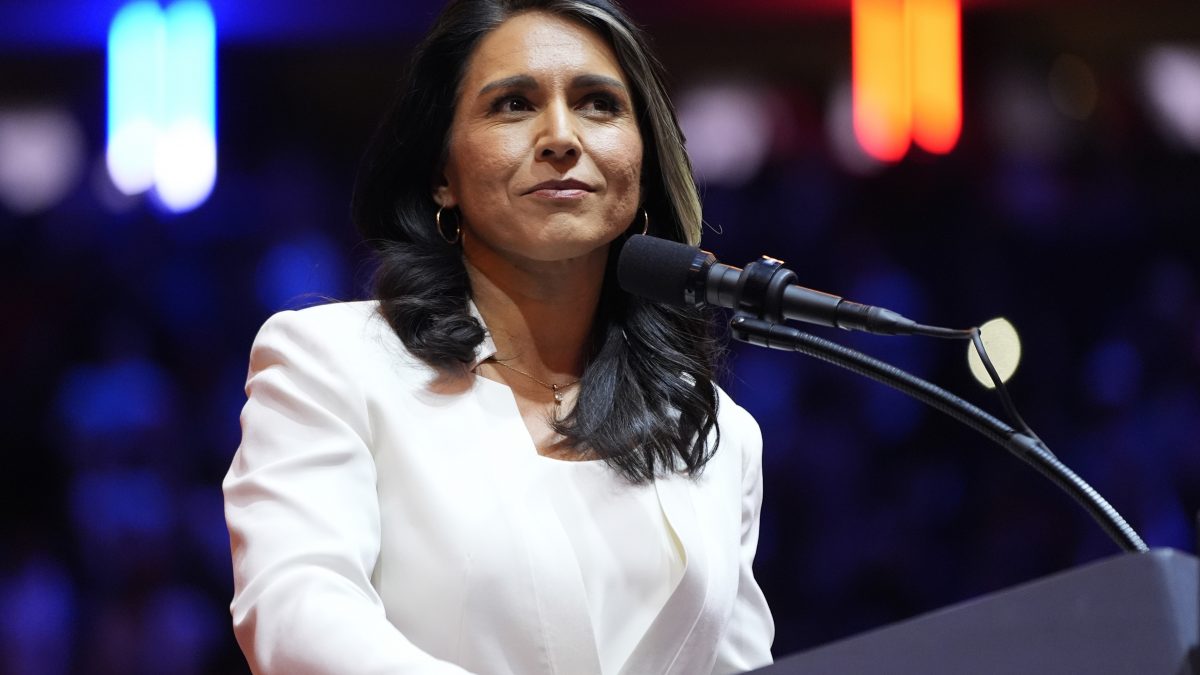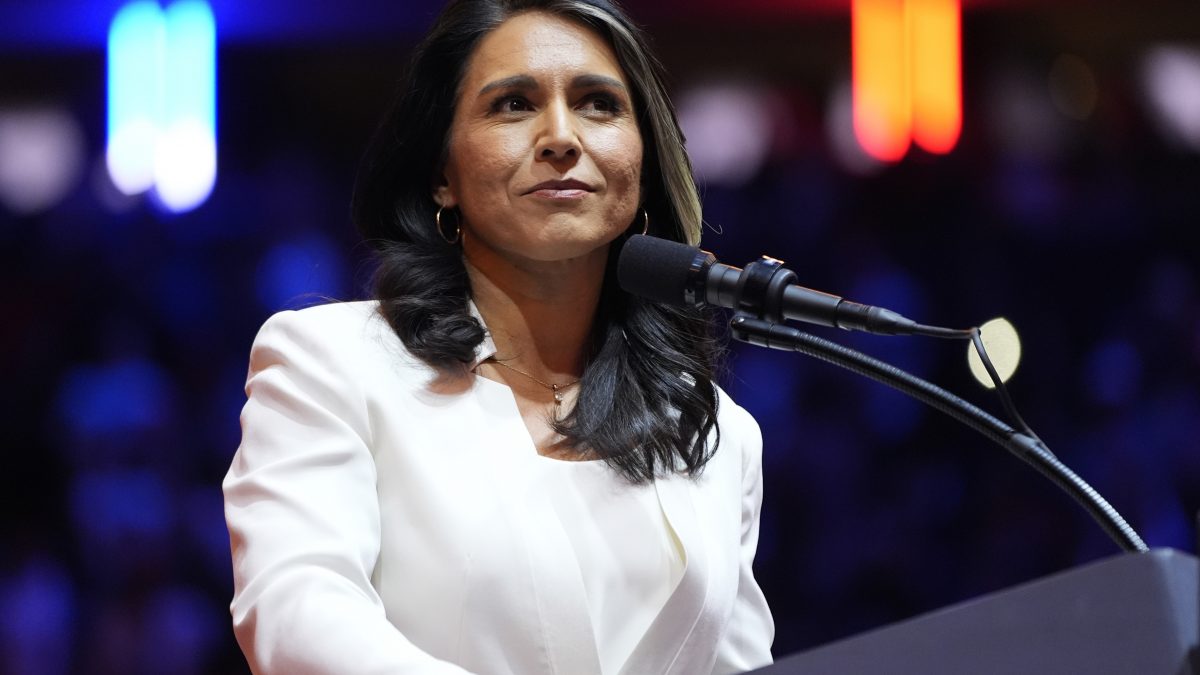Apple is holding firm on its diversity, equity, and inclusion (DEI) programme — for now. During its annual shareholders’ meeting on 25 February, CEO Tim Cook reassured investors that the company remains committed to its DEI policies. However, he also acknowledged that legal shifts in the US could force Apple to make changes down the line.
The meeting saw a range of proposals being discussed, but the one that grabbed the most attention came from a conservative think tank, the National Center for Public Policy Research (NCPPR).
The group argued that Apple’s DEI initiatives could lead to legal, reputational, and financial risks. Apple, however, pushed back against the proposal, urging shareholders to vote it down. The result? A landslide decision to keep the DEI programme in place.
Cook’s take on the future of DEI at Apple
Shortly after the vote, Tim Cook addressed concerns about Apple’s stance on DEI. He explained that while the company remains committed to fostering an inclusive workplace, legal requirements could necessitate adjustments in the future.
He emphasised that Apple’s core values, particularly dignity and respect for all employees, wouldn’t waver regardless of external pressures.
Cook also dismissed the notion that Apple operates DEI-related hiring quotas. He pointed out that the company thrives on diverse perspectives and backgrounds, rather than any enforced mandates. Apple, he said, is built on a culture of belonging, and that won’t change unless the law explicitly demands otherwise.
Apple’s longstanding approach to social issues
This isn’t the first time Apple has been at odds with conservative groups over its policies. A decade ago, the NCPPR challenged Apple on its environmental and accessibility efforts, arguing that such initiatives might hurt returns on investment.
At the time, Cook made it clear that Apple wasn’t solely focused on financial gains — accessibility and environmental responsibility were core to the company’s mission.
In contrast to other tech giants like Meta, Amazon, and Goldman Sachs, which have scaled back or scrapped their DEI programmes, Apple has stood its ground. Many of these companies made such moves in response to former President Donald Trump’s calls to eliminate DEI initiatives in both the public and private sectors.
Cook, however, has managed to navigate Apple’s relationship with Trump’s administration in his own way, maintaining the company’s broader commitments without making drastic policy changes.
Legal uncertainty and what lies ahead
The legal landscape surrounding DEI programmes remains uncertain. A 2023 Supreme Court ruling in Students for Fair Admissions v. Harvard determined that race-based admissions policies violated the Equal Protection Clause of the 14th Amendment.
Some believe this decision could eventually impact corporate DEI initiatives, though no laws currently require private companies like Apple to abandon their policies.
With Apple’s shareholders overwhelmingly backing the current DEI framework, there seems to be little internal push for change. Unless a legal mandate forces Apple’s hand, it appears the company has no plans to weaken its stance on inclusion and diversity. While the next few years under a possible Trump administration could bring fresh challenges, for now, Apple’s DEI programme remains intact.


)
)
)
)
)
)
)
)
)



